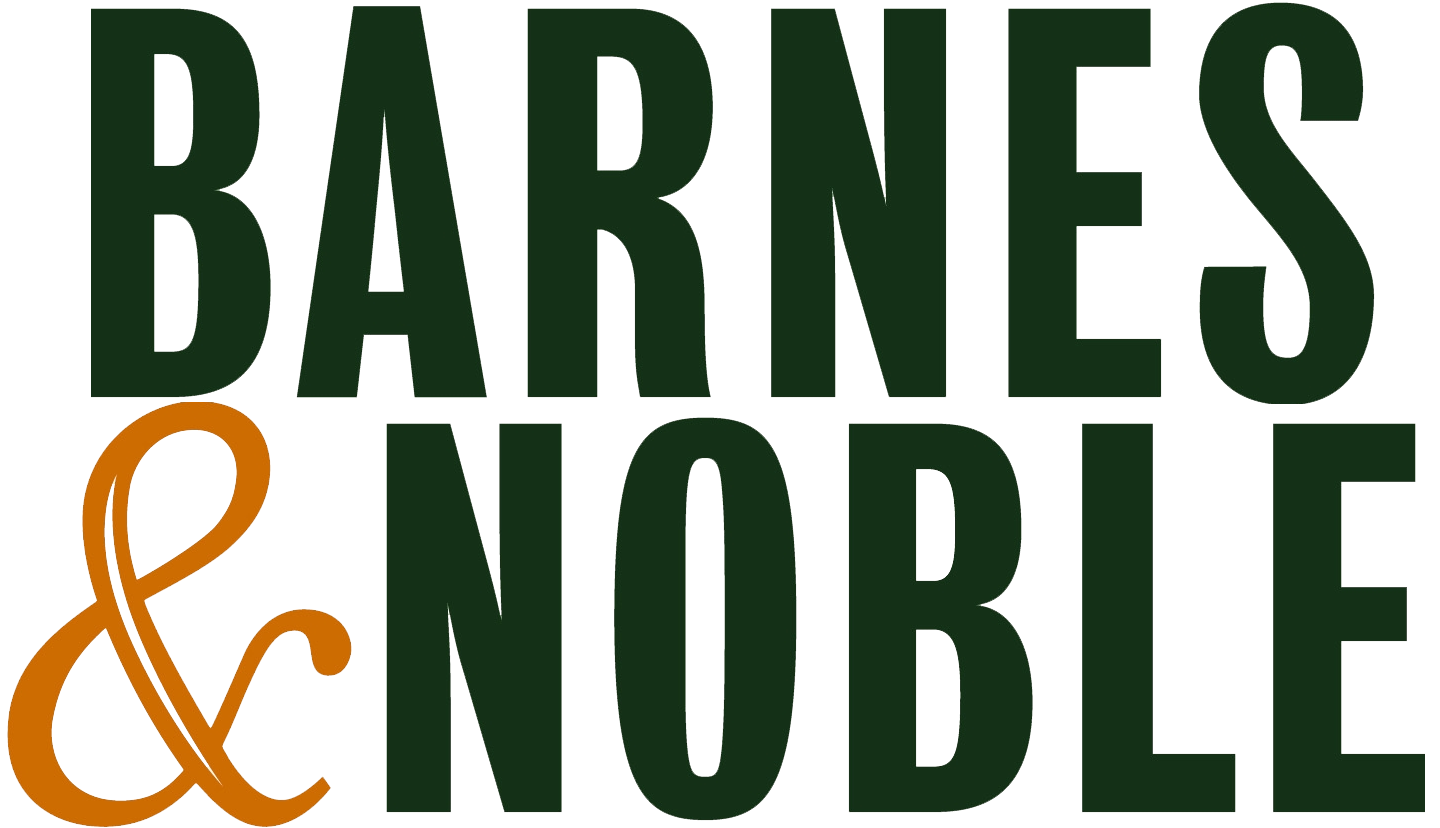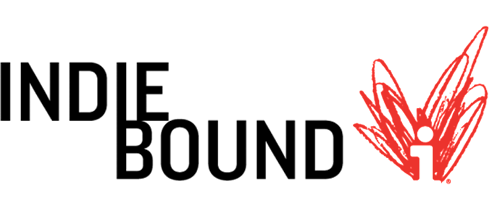BOOK CLUB RESOURCES
Ask Karen To Join You For A Virtual Author Chat
Although COVID-19 has made in-person gatherings difficult, Karen loves to talk with book clubs when schedules align.
Let her know if you’re planning a book club gathering in case she can join you virtually for an author Q&A.
Fill out the simple book club request form here to share the details of your upcoming meeting and Karen will do her best to make it.
Want To Get Your Conversation Off To A Great Start?
Below is a Brick by Brick Readers’ Guide with suggested discussion questions to stimulate a lively and thought-provoking discussion.
Introduction
After a twenty-five-year career spent fighting for women’s rights around the globe at the expense of time with her family, Karen Sherman looked around and realized she felt disconnected from her children and alienated from her husband. With her world—marriage, family, work—crashing down, she made the rash decision to move to Rwanda for a year with her three sons in hopes of a personal and professional reinvention.
While her boys attended the international school in Kigali, she worked to better the lives of women survivors of war. As the survivors she met—Josephine, Ange, Grace, Euphraise, Debora, Yvette, and Teresa—shared their stories of grit and determination, building lives and raising families despite the brutal challenges of war, genocide, poverty, and inequality, Karen began to see how her chosen work was connected to the abuse in her own past, and how it was preventing her from becoming the woman she wanted to be.
The struggles of these survivors, she realized, were the struggles of women everywhere, regardless of place or circumstance: striving to live free from violence and abuse, to have real options and choices, to make their voices heard. The strength of these women helped Karen find her own way through conflict zones and battles with corrupt politicians. In the end, the journey brings her home to her family and to a renewed commitment to championing women’s education and economic empowerment around the world.
Questions & Topics for Discussion (download as a PDF)
The book begins when Karen’s life - both her career and her marriage - are in a state of crisis. She responds by changing roles at her organization, moving to Rwanda, and becoming the primary caregiver for her three sons. In the end, these changes result in her gaining a helpful new perspective on her work and family. Have you ever felt the need for a personal or professional reinvention? What did you do?
Balance is the holy grail of working women. Many of us struggle to find a balance between fulfilling work, a happy home life, and the self-care needed to stay healthy. What have you found to be the biggest pressure points in your own life and how have you addressed them?
The details of what Karen had to set in place to make life work for her and her sons in Rwanda are to a lot of us, daunting to say the least. What do you think made it work? What would you have done differently?
Karen talks about otherness in the book and the importance of exposing her children to different ways of thinking and being through travel and other means closer to home. Do you place the same importance on this perspective and exposure in your family? If so, how have you attempted to achieve this?
Karen’s book is full of harrowing, yet remarkable stories of women survivors, like Christina, Safeta, Grace and Tereza. Which of these stories resonated with you the most, and why? What is it that you have observed about the power of sharing stories?
The women survivors Karen works with live in realities that are far removed from her own yet she finds there is more that connects than divides them. What are the things that you think connect women around the world, despite the considerable differences in our cultures, upbringings, and expectations? What is it that divides us?
In the book, Karen describes the negative judgement she’s experienced around the fact that she’s often traveling out of the country and missing from the lives of her sons and husband for stretches of time. All of us have been on the receiving end of a judgmental comment from another parent. Why do you think that is? How can we work to change that dynamic?
Women in the U.S. and around the world still shoulder the majority of childcare and other domestic responsibilities which limits their ability to engage in and sustain paid work. What does the breakdown of responsibilities look like in your family? What, if anything, would you do to change this dynamic?
Every one of the women Karen works with invests the income they earn in the health, education, and nutrition of their families - a consistent trend in countries around the world. Why do you think this is the case? What have you experienced in your own family and community?
In the book, Karen says that education and the ability to earn an income are “magic bullets” for women around the world, enabling them to have a life of their own choosing. Do you agree? How has this played out in your life? What about for other women you know?
Karen talks about many of the changes Rwanda has made to its society in the wake of the horrendous genocide that destroyed the country in 1994 and the vital role of women in the rebuilding process. What do you think are the most important elements needed to build stable and peaceful communities? What do you think that could look like here in the U.S.?
In the book, Karen revisits her memories of growing up with an abusive father and examines the way his volatile personality influenced her sense of herself and her career, relationship and other life choices. How did your parents’ personalities and relationship influence your choices?
There is an epidemic of violence against women -- one in three women around the world have experienced either physical or sexual violence at some point in their lives, including here in the U.S. What do you think it is going to take to move the dial on this issue? What steps can we take as individuals?
Karen is determined to raise her three boys to be “good men” who are capable of being both caring and equal partners as well as engaged and responsible global citizens. If you have children, what do you think are the most important and effective ways to help them grow up to be good partners and good citizens?
Karen talks about the importance of strong social networks, particularly for women. What communities are you a part of and what have they meant to you? What does it mean to “be there” for other women?










